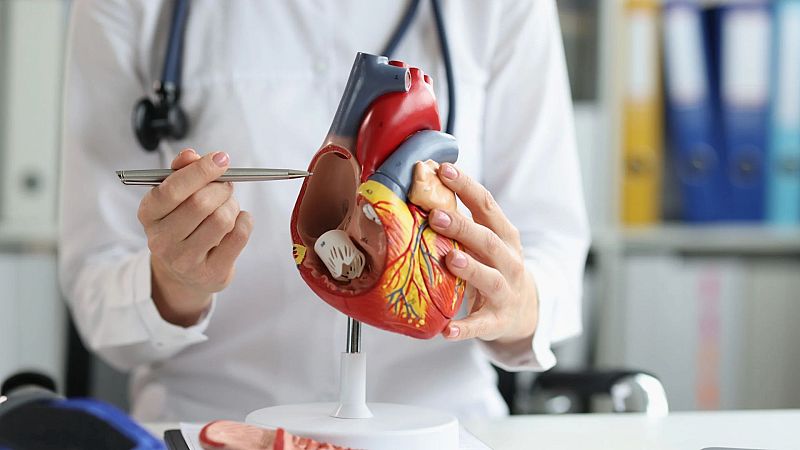Common heart attack drug has no benefits and may raise death risk for women, major study finds

Beta blockers - drugs long prescribed for post-heart attack care - offer no clear benefit for patients whose hearts pump normally after an uncomplicated myocardial infarction, according to a large international trial.
The study also found an increased risk of death and hospitalisation among women who took these drugs.
The findings, presented at the European Society of Cardiology congress in Madrid and published simultaneously in The New England Journal of Medicine on Sunday,* could prompt doctors to rethink a more than four-decade-old habit of routinely discharging heart attack survivors on these drugs.
What are beta blockers and how did they become standard care?
Beta blockers (beta-adrenergic blocking agents) usually come as tablets and work by blocking the effects of stress hormones such as adrenaline. They slow the heart rate, lower blood pressure, and reduce the heart’s oxygen demand. They can also help prevent dangerous rhythm disturbances, known as arrhythmias.
For decades, beta blockers have been prescribed after a heart attack to reduce the risk of death and arrhythmias (abnormal heart rhythms), particularly at a time when many patients suffered extensive heart damage, reopening blocked arteries was slower or less widely available, and modern reperfusion and secondary prevention therapies were not yet available.
The new REBOOT trial, the largest study of its kind, now challenges this practice.
Results of the trial and alarming findings
“This trial will reshape all international clinical guidelines. It joins other previous landmark trials led by CNIC and Mount Sinai - such as SECURE with the polypill and DapaTAVI, with SLT2 inhibition associated to TAVI - that have already transformed some global approaches to cardiovascular disease,” said senior investigator Dr. Valentin Fuster of Mount Sinai and Spain’s CNIC, who led the trial.
The trial randomised more than 8,500 patients across 109 hospitals in Spain and Italy to either continue or stop beta blockers on discharge after a heart attack. The mean age was 61 years and 19.3 per cent were women.
All participants received modern standard care and were followed for a median of nearly four years. The study found no significant difference between the groups in rates of death, recurrent heart attack or hospital admission for heart failure.
It's important to note that the findings do not suggest that beta blockers are ineffective for all heart attack survivors - as they do remain important for patients with impaired heart function or with certain arrhythmias.
A REBOOT sub-study published the same day flagged noteworthy gender differences: women who were treated with beta blockers had a higher risk of death, heart attack or hospitalisation for heart failure than women who were not given the drugs.
Men showed no such increase. Over the 3.7 years of follow-up, women on beta blockers experienced a 2.7 percentage-point higher absolute risk of death than women not treated with the drugs.
“REBOOT will change clinical practice worldwide,” says Principal Investigator Borja Ibáñez, CNIC’s Scientific Director, who presented the results. “Currently, more than 80 per cent of patients with uncomplicated myocardial infarction are discharged on beta blockers."
He adds: "The REBOOT findings represent one of the most significant advances in heart attack treatment in decades.”
Today

